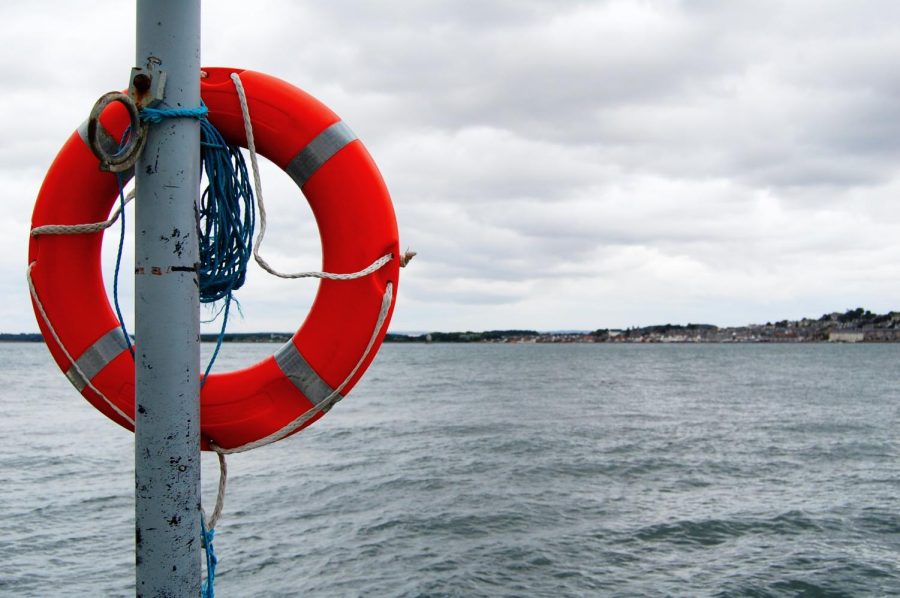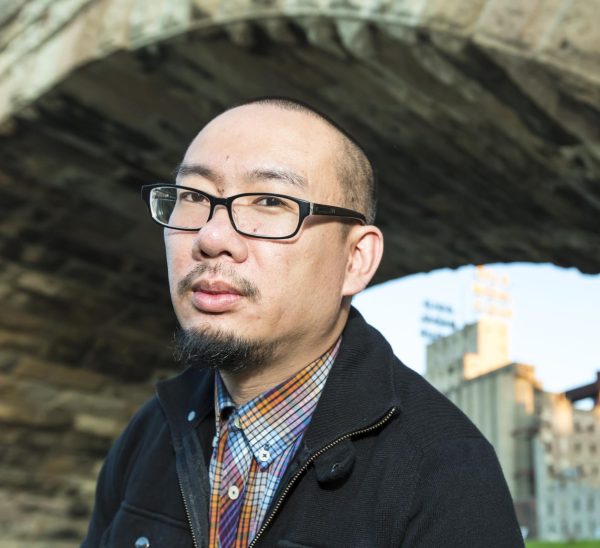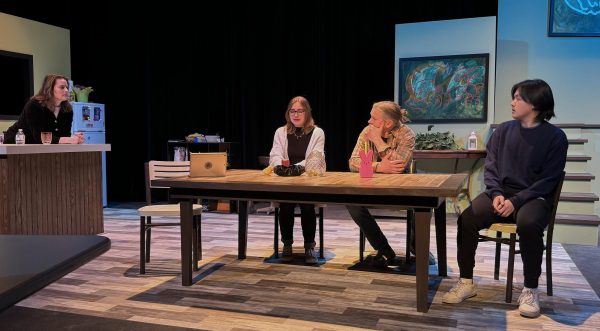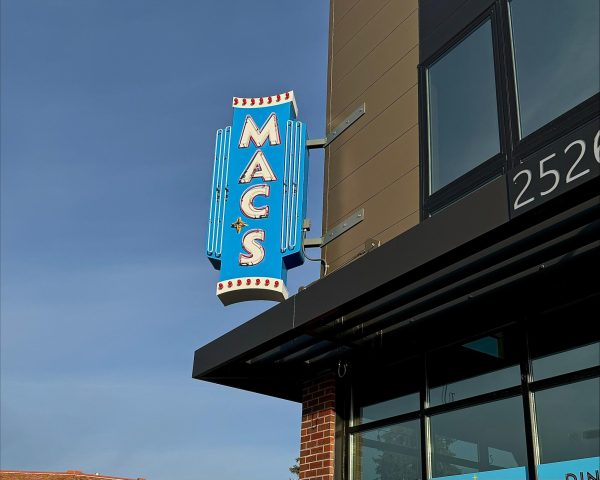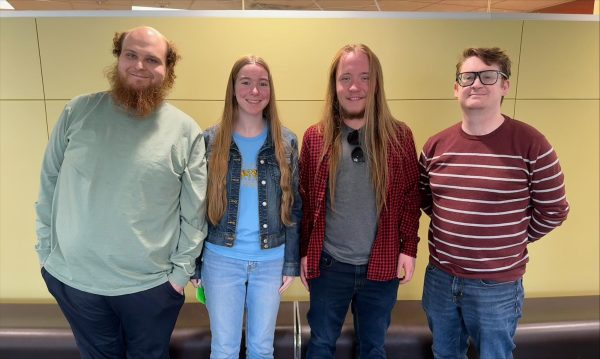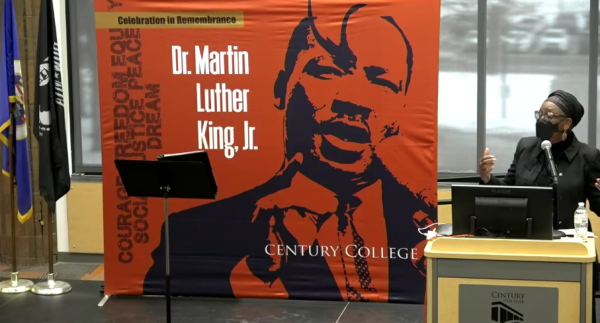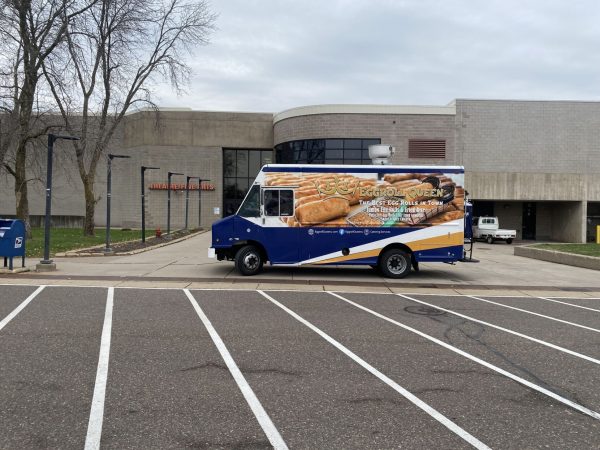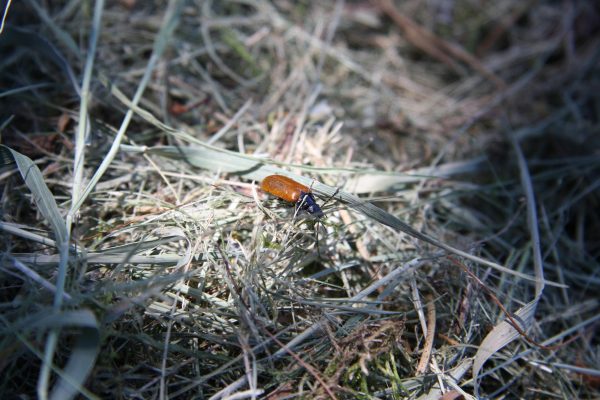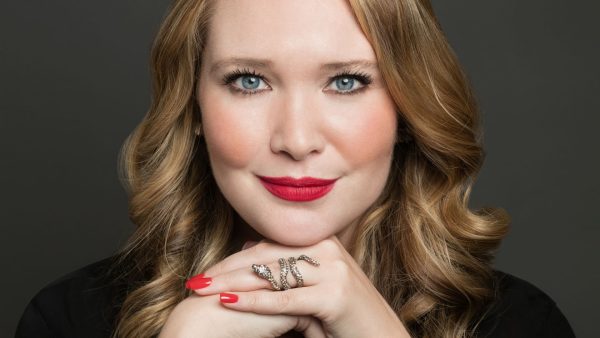Autism: A Life-Saving Diagnosis
Autism: it was such a big and scary word to me at first. I didn’t know much about autism before the age of 18. It was around then that I started looking into the disability as a possibility for myself. My family recognized as a whole that my dad was most likely autistic but undiagnosed. I learned that autism was sometimes genetic and started wondering… Was I autistic?
It wasn’t until two years later, at the age of 20, that I was formally diagnosed. I had to push hard to get my diagnosis. Most resources were for children. Those that were not had a waiting list of at least two years. I spent over an hour on the phone calling clinics, and even longer researching them online. Finally, I found a clinic – Nystrom and Associates in New Brighton – that tested adults, took my insurance, and had appointments sooner than two years out. I called right as the clinic opened in the morning. I got an appointment.
I was relieved but anxious. Really, really anxious. I didn’t know if I would get diagnosed. I was certain that I was autistic, but what if the psychologist testing me didn’t think the same? What if they didn’t listen to me? I was used to not being listened to by psychologists and doctors. People often dismissed me as paranoid, despite repeatedly being diagnosed with what I thought I should be diagnosed with in the first place.
I am assigned female at birth, which means, first of all, that clinicians are statistically less likely to listen to me, and second of all, that my autism presents much differently than someone who is assigned male at birth. This makes it harder to diagnose. Many people who are assigned female at birth are not diagnosed until later in their life. I learned to mask my symptoms quite well from a young age just like many others in my position. It wasn’t a casual skillset; it was a matter of survival.
The day I got my testing results, I could hardly breathe from anxiety. What if the test results showed I didn’t have autism? Then what? I could get a second opinion, but who knew when I would be able to. I waited patiently as the clinician went over everything the testing revealed to him until he finally got to the “diagnoses” section on the papers. There it was, in big black letters: “Autism Spectrum Disorder, Level 1.”
That day, my entire life was validated. My symptoms suddenly all made sense. I drove home smiling the whole way. When I got home, I yelled from the doorway: “Guess who just got diagnosed with autism?!” For me, being diagnosed was one of the best things that could happen to me. My experience may not be true to others, but personally, I was ecstatic.
I wish that people could see that oftentimes, autistic people don’t dislike being autistic. It’s just how we are. It would feel wrong to be any other way. Although this may not be true for everyone, for many, the diagnosis is not a death-sentence, but instead, a life preserver. Getting diagnosed can change your life. Having that validation and finally having access to the accommodations you need and deserve is nothing to mourn over.
I don’t mean to suggest that being autistic is easy. I have spent the majority of my life trying to mask my symptoms and blend in. However, being autistic is a part of who I am. It always has been and always will be. Putting a label to that part of me is not only helpful, but actually has increased my self-compassion. I know now that nothing is “wrong” with me. I just exist differently than neurotypical people, and that’s okay.



